
Recommendation
In this Talk at Google, Rob Cross and Karen Dillon discuss the findings of their book, The Microstress Effect: How Little Things Pile Up and Create Big Problems – and What to Do about It. They delve into the harmful effects of microstressors: the small sources of modern-day stress that can accumulate to undermine your health and performance. The authors discuss strategies to manage microstressors, like prioritizing your well-being, limiting negative interactions and mitigating collaboration overload.
Summary
About the Speakers
Rob Cross is professor of global leadership at Babson College. Karen Dillon has co-authored three books with Clayton Christensen and is the former editor of Harvard Business Review.
By the same authors
Learners who read this summary also read
Book
Book
Book








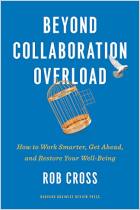

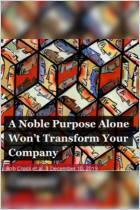
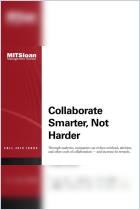

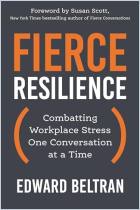
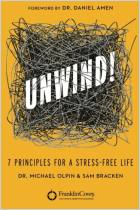
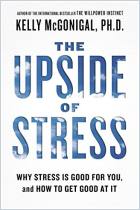
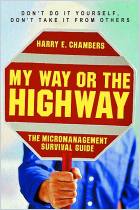
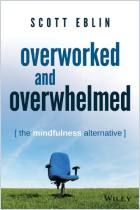


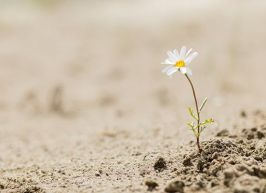
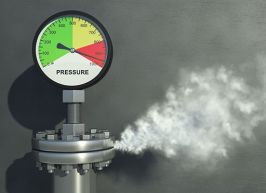
Comment on this summary or Comenzar discusión